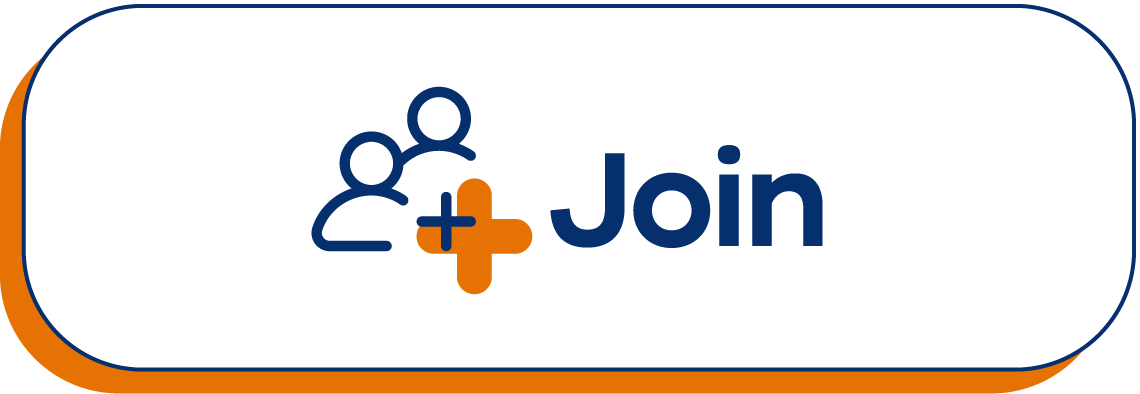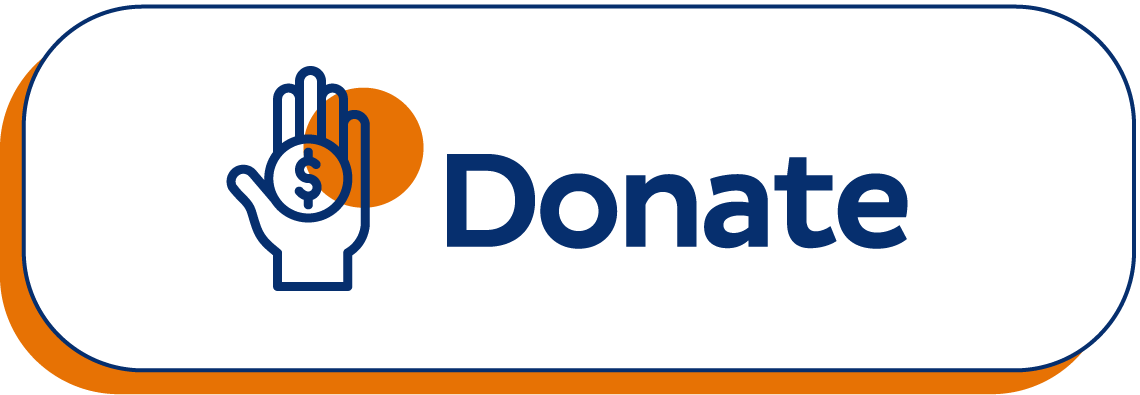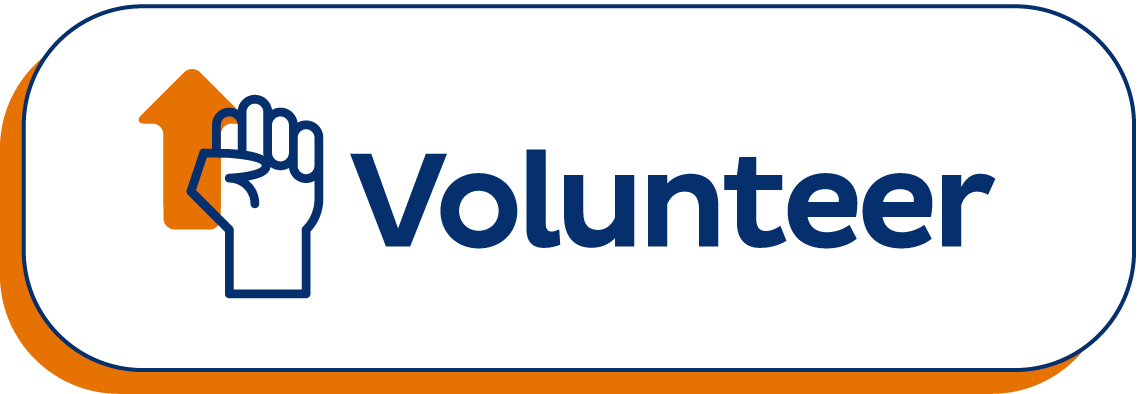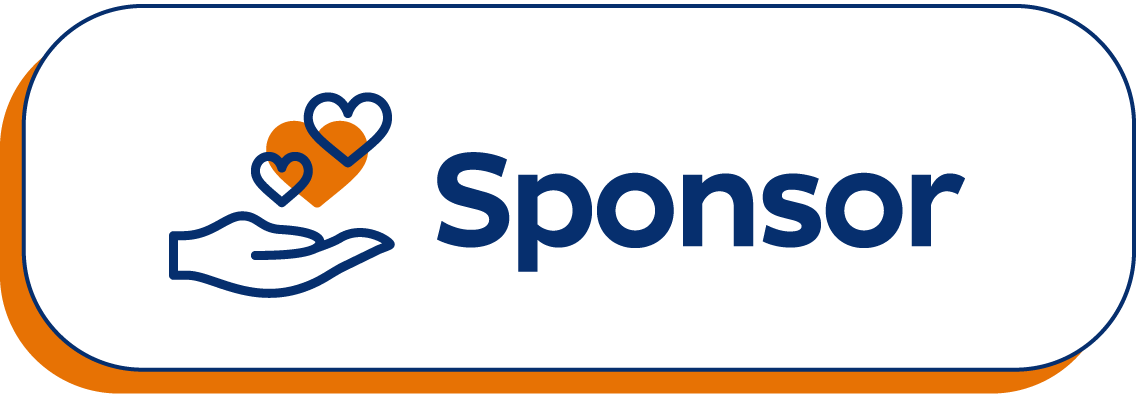| Michelle Teo Public Sector Marketing & Customer Advocacy Specialist at Cisco System Bachelor of Business Administration - Marketing (2019) Graduated in 2019, Michelle joined Cisco Systems as a Public Sector Marketing and Customer Advocacy Specialist and has since been working there for the past 1.5 years. Cisco Systems is a technology MNC that delivers IT and networking solutions, headquartered in Silicon Valley. Cisco specializes in networking hardware, software, cybersecurity, collaboration and other high-technology solutions. |
What does a day in your life consist of? I have 2 scopes of work: segment marketing for the public sector and enterprise agreement marketing. I’ll just share about segment marketing. I do segment marketing with a focus on public sector organizations in the Asia Pacific region, such as government agencies, schools, and hospitals etc. For us, segment marketing involves bringing together various marketing tactics to grow the business for that specific segment, based on a very strong understanding of customers within the segment. As a result, no two days are the same. On some days, I could be analyzing data to ascertain customer engagement and buying patterns, and on others I could be planning a digital marketing campaign to amplify thought leadership or a virtual event for C-level executives. Segment marketing roles in my organization tend to be more generalist, where you leverage a broad variety of skills as part of your role. However, my job scope involves plenty of collaboration with people from different functions and regions. For instance, I work closely with the sales teams to understand their priorities and align our marketing efforts to their goals. Customer demands are also always evolving, which means that our marketing priorities have evolve frequently to align with changing customer needs. For instance, the COVID-19 pandemic resulted in learning migrating from the classroom to home. This forced schools to change their IT and networking infrastructure almost overnight to support home-based learning, and our marketing must pivot to address ever-changing customer needs. What are some of the hard and soft skills required for your role? Marketing is a lot more data-driven than people might think! It might seem like marketing is a primarily ‘creative’ role as marketing is responsible for churning out creative advertisements and collaterals. Indeed, that is an aspect of marketing, but another essential part of marketing is collecting, analyzing, and leveraging data to make decisions. Data competency is important in my role as I look at datasets to draw actionable insights on areas such as customers’ digital behavior, engagement, and spending patterns. We tend to measure success and justify decisions with data points, so being comfortable with data helps. For soft skills, the most important would be the ability to read in between the lines. Knowing how to read what’s unspoken is arguably more important than what’s spoken, so I find it important to pay attention to how a message is conveyed, through elements such as body language and tone. How did you secure your job in Cisco? Originally, I interned at Cisco for 6 months in the Customer Advocacy Team and was offered a full-time role after graduation, so I joined their Early in Career program for Marketers. Marketing is an extremely broad function, so there is a large variety of skills. There are generalist roles that bring together different skills, such as segment marketing. There are also specialist marketing roles such as SEO marketing, where you specialize in a highly specific area of marketing. I found myself more interested in generalist roles as I enjoy bringing together different skills. In terms of hiring trends, there is a diverse range of skill sets available for you to bring together or specialize in. People who take on jobs in Marketing come from diverse backgrounds, so it is not uncommon to find people with non-marketing degrees. However, I would say that one important trait of a Marketer would be that it is important to understand the product or service that you are marketing, as you can’t market to your audience if you don’t understand why they should buy what you are selling. How did you prepare yourself for seeking a job in Marketing and Customer Advocacy? (e.g., internship, projects) Currently, Marketing is very data and technology driven. Hence, it would be good to brush up on data literacy and skills. I think for students, it would be good to take up more courses in your free time to grow your skills. Other than hard skills, internships and exposure are also important. As all of us are in the stage of figuring out what to do, it’s important to explore and don’t be surprised if it takes a while to finally realize what you want to do. Try out more things! They help you to get a sense of what you like and dislike. It’s a lot easier to figure out what you dislike than what you like, and that will help you in the path of figuring out what you want to do. Additionally, the curriculum may not necessarily keep up with changes in the industry because the industry evolves very rapidly. Don’t be surprised if you notice a gap between theoretical knowledge and practical applications. However, one thing that will be everlasting is collaboration skills. I joined a lot of activities such as CCAs and camps in schools, which exposed me to different working styles. I learned a lot through working with different people and adapting to different styles, which helps in the workplace where I work with different stakeholders and teams. What is one of the biggest challenges you have faced at work? One of the biggest challenges I faced at work was that I am the youngest in my team, so there was a gap in knowledge and experience level between myself and my more experienced colleagues, which was quite intimidating for me. However, I overcame it with the mindset that I was hired for a reason – such as the unique perspective that I could offer. This gave me more confidence to share my ideas and perspective, and back them up with data and facts for credibility. Being humble and curious also helps, I acknowledge that there is a lot that I don’t know and that there is a lot I can learn, which means that there is something I can learn every day. This excites me, and over time my competency increases. Key to Success: "Being humble and curious also helps, I acknowledge that there is a lot that I don’t know and that there is a lot I can learn, which means that there is something I can learn every day.” Interviewer/Editor/Writer: Matthew Thia, NUS BBA Year 2 and Alicia Teo, NUS BBA Year 3 |


